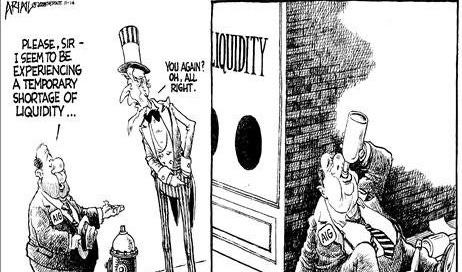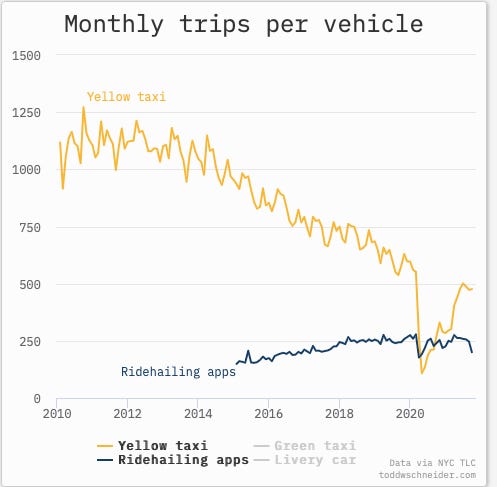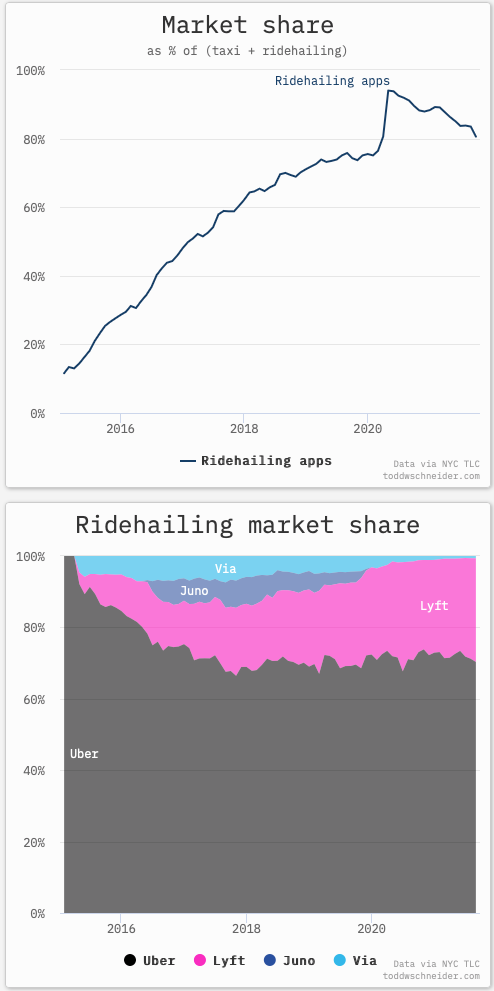Keeping up with the Musks
I’m sure you have all seen this by now

and perhaps this as well
and, well, there are going to be dozens of articles over these two tweets because Tesla stock is the main asset of the “Elon Musk sentiment” basket that moves based on whatever the hell Elon feels like doing on Twitter.
However, the implication of selling a 20 billion+ block of shares is no trivial matter. Liquidating such a large position is a lot trickier than logging into your brokerage account and hitting sell. There are entire desks at investment banks dedicated to taking blocks of shares and sourcing buyers so as to not impact the market price. You can think of it as playing Tetris, in a sense - you want to slot the blocks to interested parties without causing too much buildup. 20 billion is a ridiculously large block, and the implication that any block for sale could be coming from Elon directly surely dampens interest in providing liquidity for him. After all, would you be buying the first billion of stock or the nineteenth? You wouldn’t want to buy in until you knew for sure that the liquidation was almost over, lest a Bill Hwang situation happens again. And remember, it was 20 billion over multiple stocks that got Hwang’d that caused billions in losses! I can’t imagine how much harder liquidating this time is.
It’s also a kick in the face to anyone levered long TSLA from the retail side of things, as Tesla stock benefits from the illiquid drift of an asset that people generally want to buy and don’t liquidate. How many tech paychecks does it take to eat up a 20 billion dollar sell side imbalance?
Personally, I expect the stock to die about 6-10%, as this should spook any institutional buyer from being a block buyer for the time being, just for Elon to tweet that he didn’t say when he would sell to send the stock skyrocketing again. That’s the thing about tweets - they provide no nuance, and technicalities always let these sort of internet bets off the hook.
What’s the deal with Uber?
A quick trip to NYC confirmed the rising suspicion I’ve had that taxis are now far cheaper than Ubers, given the very shoddy algorithmic “pump” in ride prices I’ve seen.
Give it a try - search up a 15 minute ride, check the quote, close your app, then look again in a few minutes. At any time other than ultra off-peak, your ride price will have increased a significant percentage. The illusion of volume is the name of every algorithmic game.
I came across this neat visualization of Uber and Taxi data this weekend, and I’m excited to see my hunches sort of confirmed. Uber’s new driver incentives have propped up their recovery, but having to re-acquire their market share surely is a dredge on their pseudo-profitability.
It appears that people are taking yellow cabs on a higher frequency basis for shorter trips, judging by this chart.
All of this ties in to the fact that Uber recently reported (on an adjusted basis, of course) that it’s profitable (but for its Didi stake).
However, volatile activity in Uber’s investment portfolio caused it to swing to a $2.4bn net loss, based on formal accounting principles, thanks to a $3.2bn negative revaluation of its stake in China’s Didi Chuxing. Uber’s preferred “adjusted ebitda” metric of the company’s underlying health excludes multiple costs including interest, taxes, depreciation and amortisation, as well as stock-based compensation. On that basis, it eked out a $8m profit in this year’s third quarter, up $625m on the same period last year.
A 92 billion dollar company made an 8 million dollar profit after removing cost of capital and stock-based compensation after diversifying away from its core business. Hell, one person in the C-suite alone probably receives more than 8 million dollars of stock-based compensation a year. Does this all seem right?
I’ve written before about how I think Uber’s inevitable fate is government contracting, as it’s simply too good of a jobs program, but they still have to remain afloat long enough to reach this end goal.
While inflated equity valuations allow cheap issuance of debt and fundraising through stock sales, the struggle to show profitability in the cheapest money era lends credence to the thesis that, when the dust settles, Uber (and perhaps Lyft) will essentially become quasi-governmental contractors. Though the pandemic obviously created atypical circumstances, the continued existence of emergency restrictions against surge pricing has led to serious shortages in the supply of drivers
Nearly maximum % capture of the ride-share market and maintaining market share only nets 8 million bucks… ok then.
On that note…







